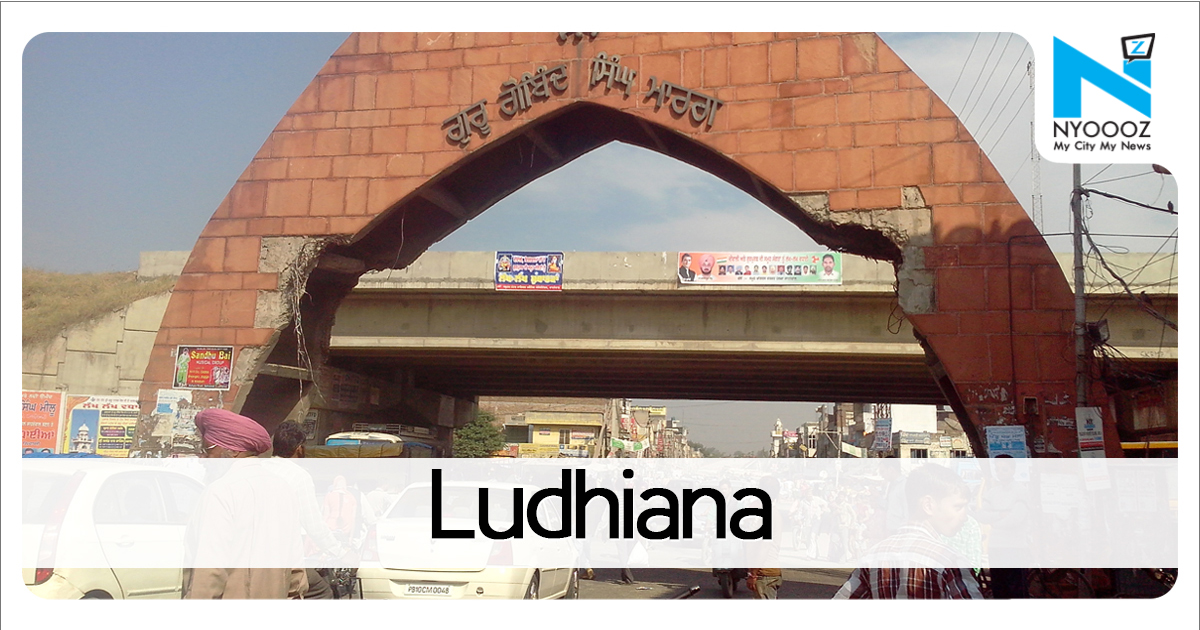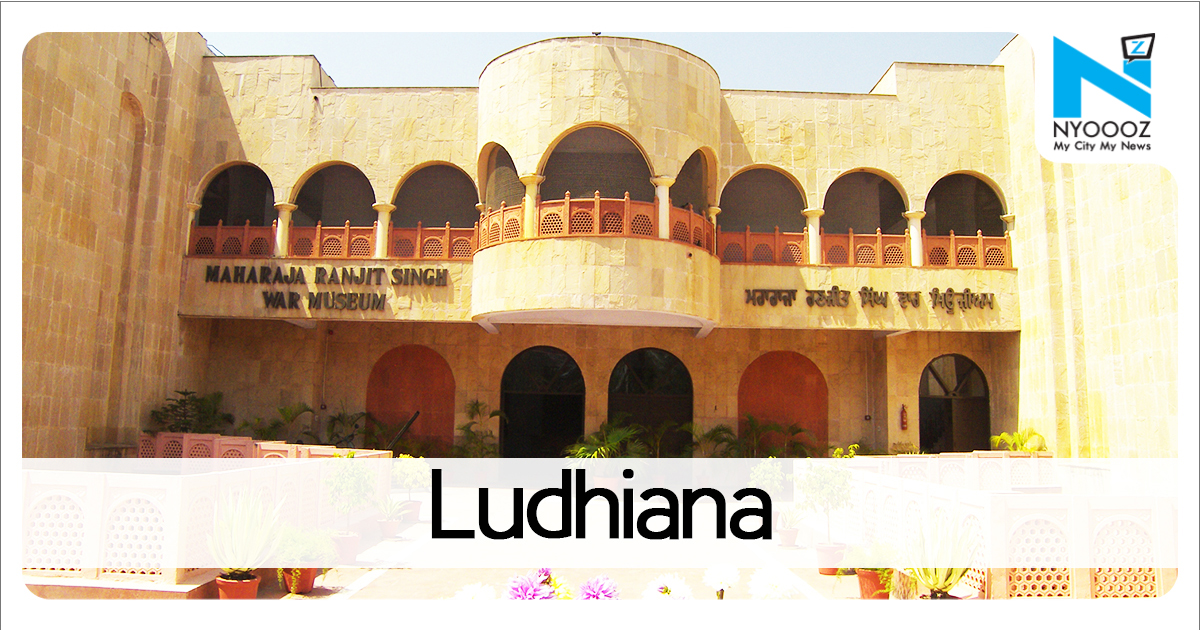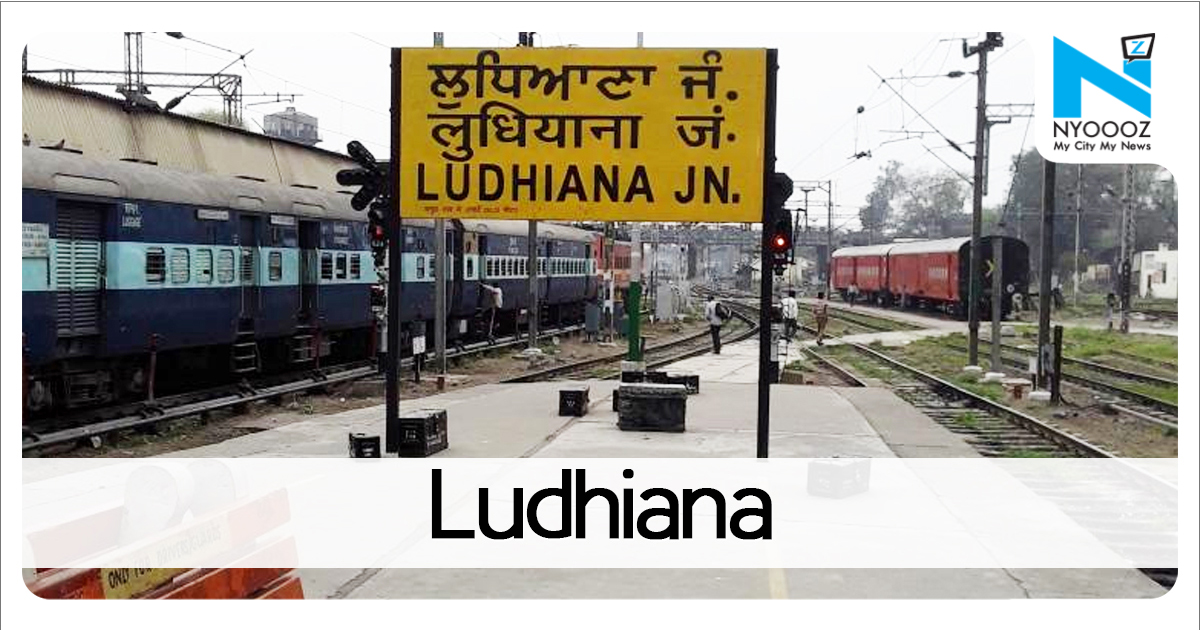Punjab farmers say fine is less expensive, continue to burn stubble
- | Wednesday | 17th October, 2018

The environmental court had ordered that punitive action be taken against the farmers who violate the orders against setting the crop residue on fire. In case, we engage labourers to clean the fields they demand Rs 3,500 to Rs 5,000 an acre. “However, a punitive action along with an elaborate infrastructure of in-situ stubble management equipment which is being put in place will go a long way in bringing down the cases of stubble burning in the state,” he said. “So many farmers prefer to pay the environmental compensation,” said Shamla.Kartar Singh of Daroli village near Pasiana said, “The combine harvesters are now charging Rs 1,000 to Rs 1,500 extra per acre. The farmers then have to use harrows at least five times on the fields which increase the expense on diesel and labour.

If You Like This Story, Support NYOOOZ
Your support to NYOOOZ will help us to continue create and publish news for and from smaller cities, which also need equal voice as much as citizens living in bigger cities have through mainstream media organizations.
Stay updated with all the Latest Ludhiana headlines here. For more exclusive & live news updates from all around India, stay connected with NYOOOZ.









